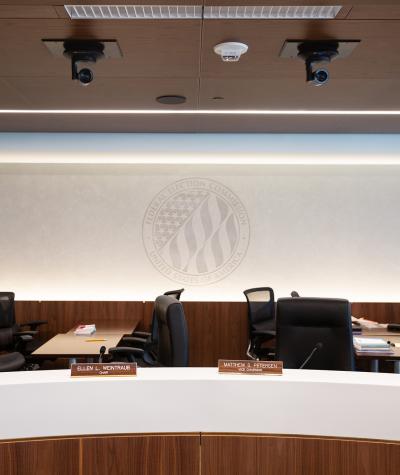Nearly four years ago, Congress created new campaign finance loopholes allowing wealthy donors to give hundreds of thousands of dollars to political parties.
Although these six-figure checks were supposed to be used for a narrow set of restricted purposes, inaction by the Federal Election Commission (FEC) has resulted in both parties using these accounts like slush funds.
Campaign Legal Center (CLC) is urging the FEC to craft rules to prevent the abuse of these accounts.
In 2015, Congress slipped a provision into the omnibus spending bill known as the “Cromnibus” creating new, six-figure contribution limits for each of three types of restricted political party accounts: legal proceedings, buildings/headquarters, and party conventions accounts.
Both parties quickly raised tens of millions for these accounts, often through big checks to joint fundraising committees.
Shortly after, CLC along with Democracy 21 asked the FEC to write new rules specifying how money held in these accounts can be used. FEC lawyers drafted an outline of draft rules in October 2015, and CLC filed comments on a petition for rulemaking in October 2016. But the FEC still has not acted.
On May 17, 2019, CLC sent another letter to the FEC describing how the agency’s inaction has led both major parties to use these funds for an array of questionable purposes.
For example, the statute says the Buildings/Headquarters account fund is supposed to be used for “the construction, purchase, renovation, operation and furnishing of one or more headquarters buildings.” But CLC found that:
- the Republican National Committee (RNC) used this account to pay for thousands of dollars in flights and hotel rooms for the RNC’s former finance chair;
- The GOP’s Senate and Congressional committees used hundreds of thousands of dollars in Buildings/Headquarters account funds to pay for database subscriptions;
- The Democratic Congressional Campaign Committee used the account to pay over $376,000 to polling and consulting firm Greenberg Quinlan Rosner Research for “headquarters software.”
The law says parties are supposed to use their legal proceedings accounts for “expenses incurred with respect to the preparation for and the conduct of election recounts and contests and other legal proceedings.” But CLC found:
- the National Republican Senatorial Committee used this account to pay tens of thousands of dollars to political consulting firms and for a “data purchase;”
- the National Republican Congressional Committee paid $40,000 to the lobbying firm Mercury Public Affairs
- the Democratic National Committee paid thousands of dollars for “GOTV canvassing.”
Without clear rules, both parties are spending tens of millions of dollars with little transparency or accountability. It is about time that the FEC do its job.
